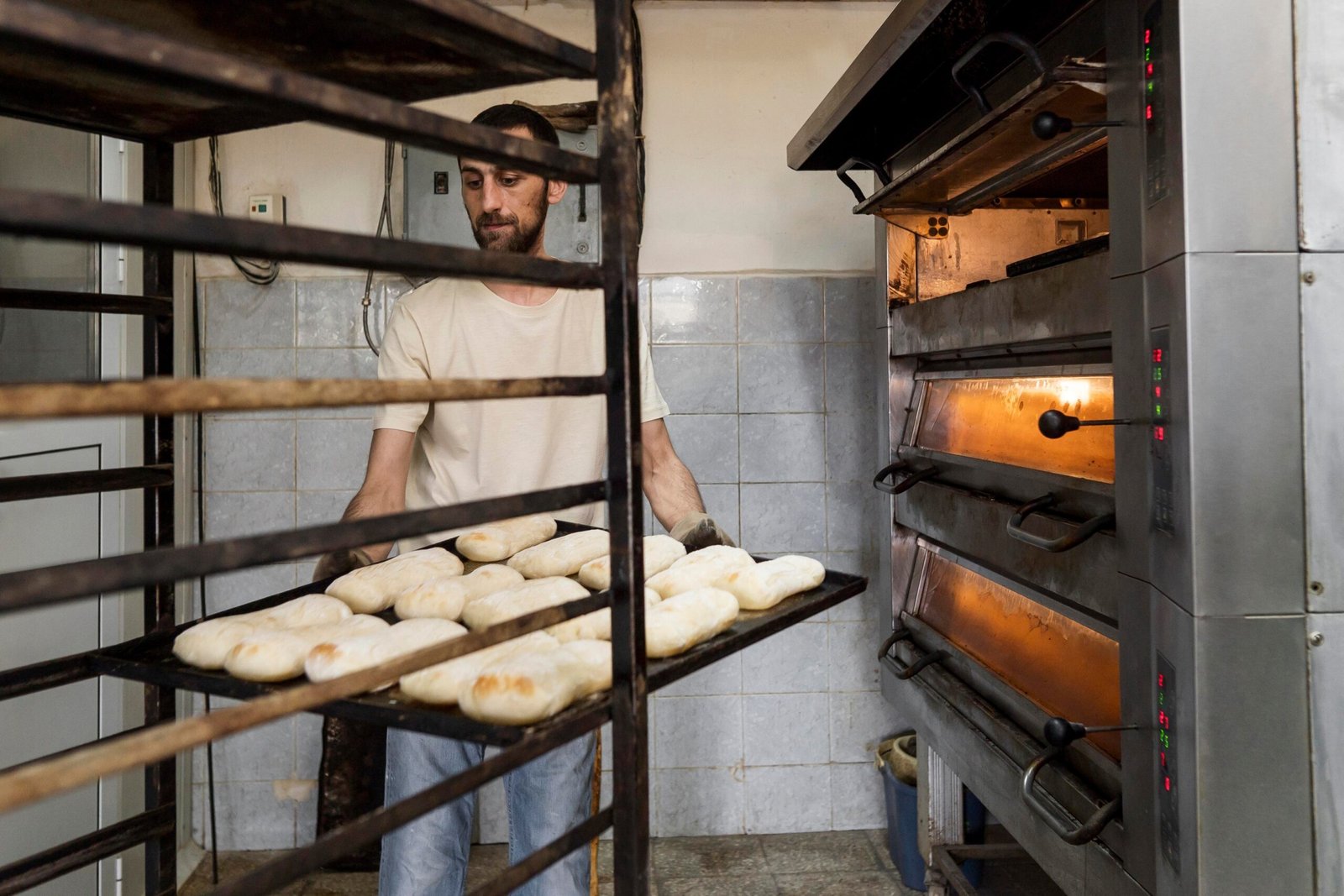What’s the Difference Between HACCP and Preventive Controls?
Food safety regulations around the world often mention HACCP and Preventive Controls (PCs)—but they’re not exactly the same. Both systems aim to prevent food safety hazards, yet they come from different regulatory backgrounds and have key differences that manufacturers must understand, especially when exporting products or complying with international standards.

Understanding the Basics
-
HACCP: Stands for Hazard Analysis and Critical Control Points
-
Originated from Codex Alimentarius guidelines
-
Widely used in the global food industry, especially for export and certifications like ISO 22000, FSSC 22000, and GFSI schemes
-
Focuses on controlling biological, chemical, and physical hazards at specific points in the production process
-
Preventive Controls (PCs): Required under the U.S. FDA’s FSMA (Food Safety Modernization Act)
-
Used primarily by companies exporting to or operating in the U.S.
-
Applies broader preventive measures, including allergen, sanitation, and supply-chain controls
-
Designed to proactively prevent hazards before they occur—more flexible and comprehensive
Key Differences Between HACCP and Preventive Controls
1. Regulatory Origin
-
HACCP: International, Codex-based system recognized by WHO and FAO
-
Preventive Controls: U.S. law under FSMA (21 CFR 117 for Human Food)
2. Scope of Hazards Addressed
-
HACCP: Primarily biological, chemical, and physical hazards
-
PC: Includes radiological, economically motivated adulteration, allergens, sanitation, and supply-chain risks
3. Types of Controls Used
-
HACCP: Focuses on Critical Control Points (CCPs) only
-
PC: Uses Process Controls, Allergen Controls, Sanitation Controls, and Supply Chain Controls, in addition to CCPs
4. Terminology and Language
-
HACCP: Uses terms like CCP, Critical Limit, Corrective Action, Validation
-
PC: Uses terms like Preventive Controls, Food Safety Plan, Hazard Requiring a Preventive Control, Monitoring, Verification
5. Plan Requirements
-
HACCP: Requires a HACCP Plan with flow diagram, hazard analysis, and CCP monitoring
-
PC: Requires a comprehensive Food Safety Plan developed by a Preventive Controls Qualified Individual (PCQI)
6. Required Personnel
-
HACCP: Managed by a trained HACCP team
-
PC: Must be developed and overseen by a PCQI trained under FDA guidelines
7. Documentation & Recordkeeping
-
HACCP: Focuses on monitoring CCPs and corrective actions
-
PC: Requires additional documentation on supply chain programs, environmental monitoring (when applicable), and more
8. Regulatory Enforcement
-
HACCP: Required by many international governments and certification bodies
-
PC: Enforced by the U.S. FDA for facilities subject to FSMA
9. Applicability
-
HACCP: Used globally in food, beverage, and animal feed sectors
-
PC: Required for U.S.-based food companies and any foreign exporters to the U.S. (unless exempt)
10. Approach to Hazards
-
HACCP: Reactive—control hazards at specific critical points
-
PC: Proactive—prevent hazards across the entire production and supply chain
When Should You Use HACCP vs Preventive Controls?
-
Use HACCP if:
-
You’re pursuing ISO 22000, FSSC 22000, or GFSI certifications
-
You operate in countries that follow Codex or EU-style regulations
-
You’re exporting to markets that accept HACCP as the food safety standard
-
-
Use Preventive Controls if:
-
You export to the United States
-
Your facility is registered with the U.S. FDA
-
You need to comply with FSMA regulations and inspections
-

Final Thoughts
While both HACCP and Preventive Controls focus on food safety, understanding their differences ensures your facility meets the right regulatory and customer requirements. Using the right system—or both, if needed—will boost your compliance, improve safety, and open doors to international markets.
Need Help Choosing Between HACCP and Preventive Controls?
At CAYS Scientific, we help food manufacturers stay compliant with both HACCP and FSMA requirements. We offer:
✅ HACCP & Preventive Controls training
✅ Custom Food Safety Plans
✅ PCQI support and certification guidance
✅ Audit readiness and export compliance
📞 Contact us today to make sure your food safety system meets global and U.S. requirements!


